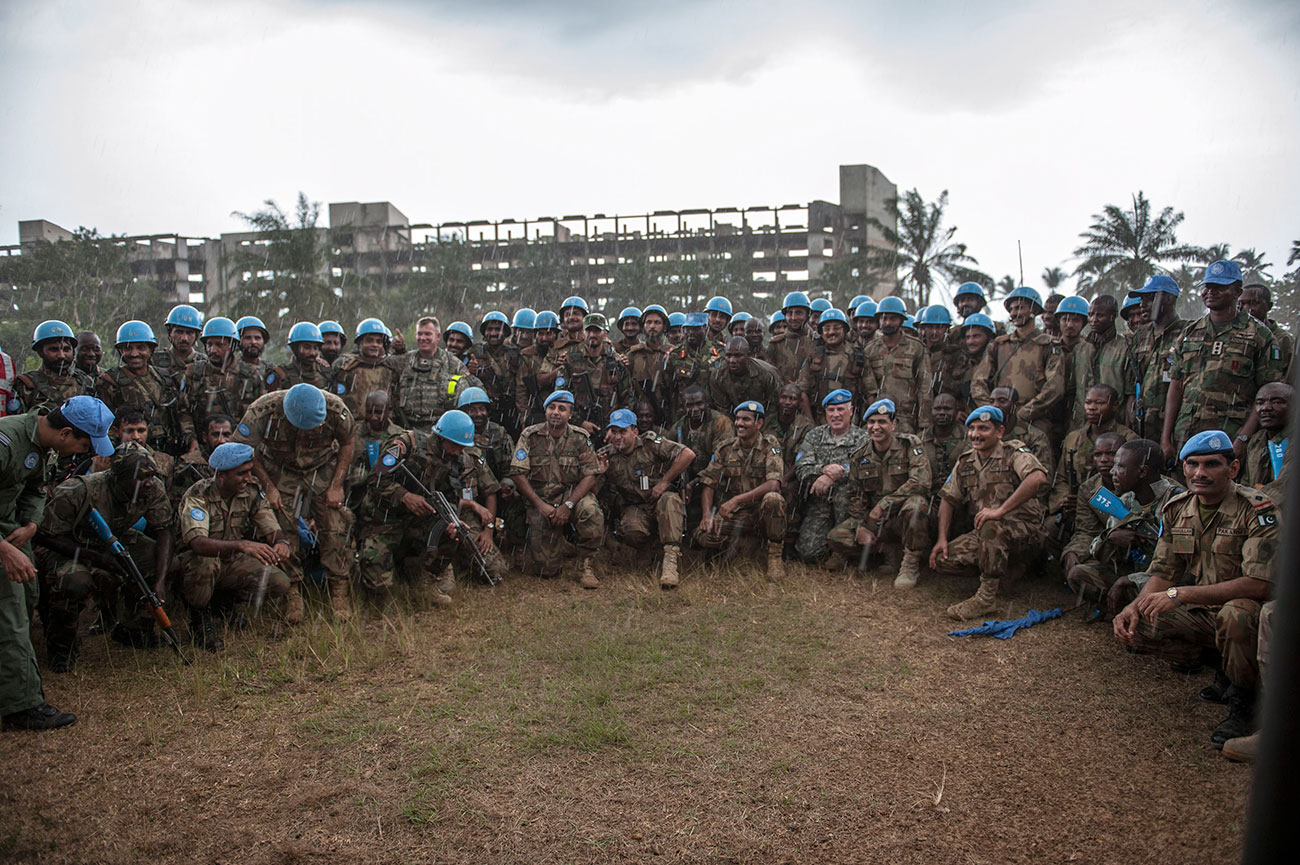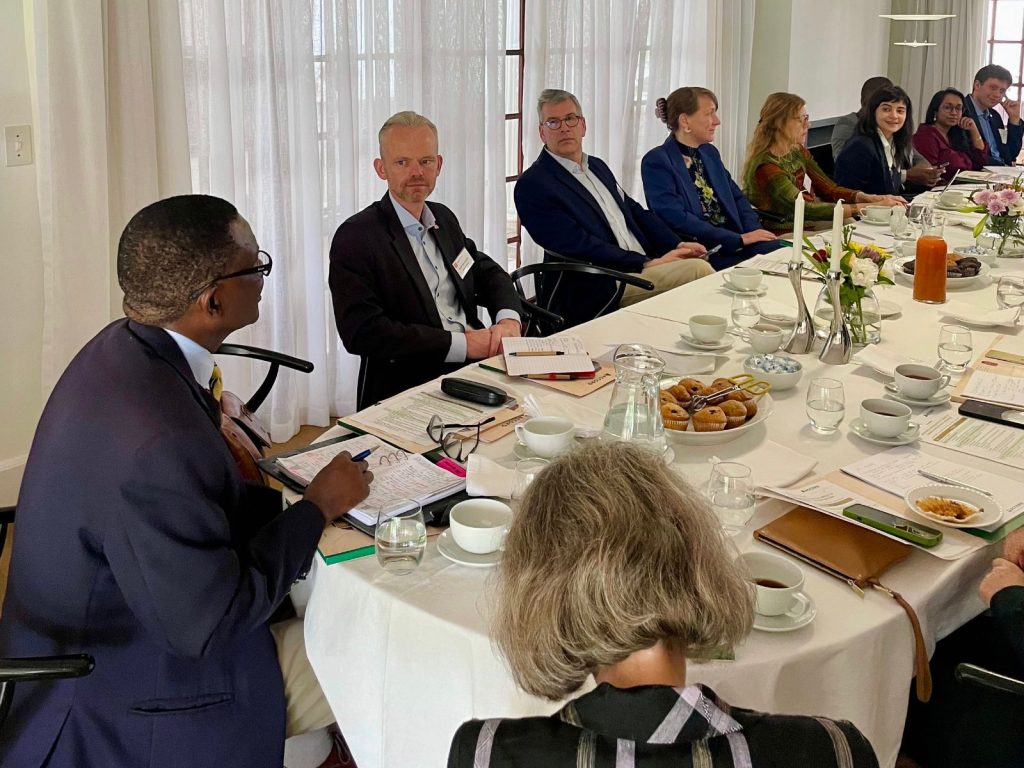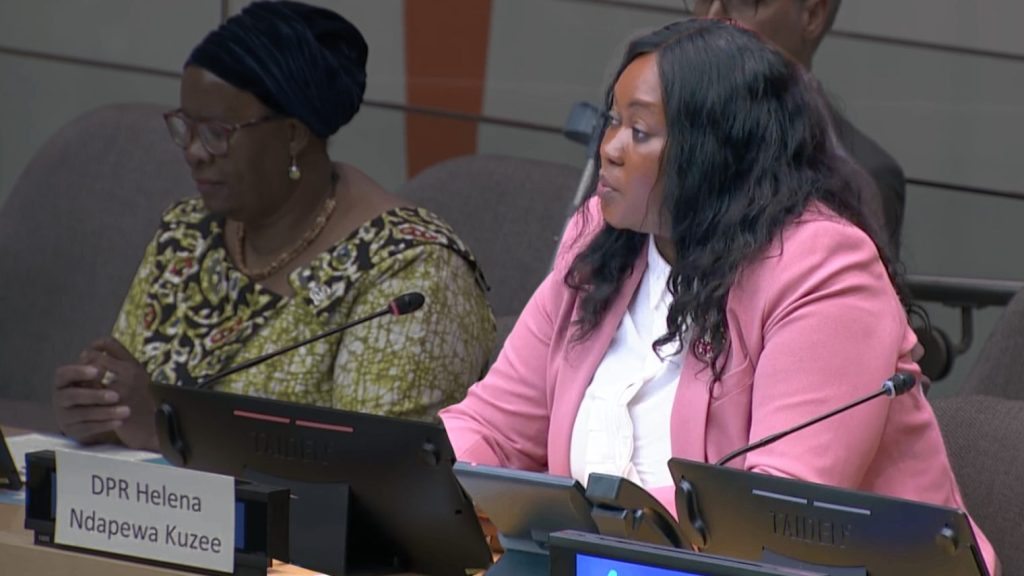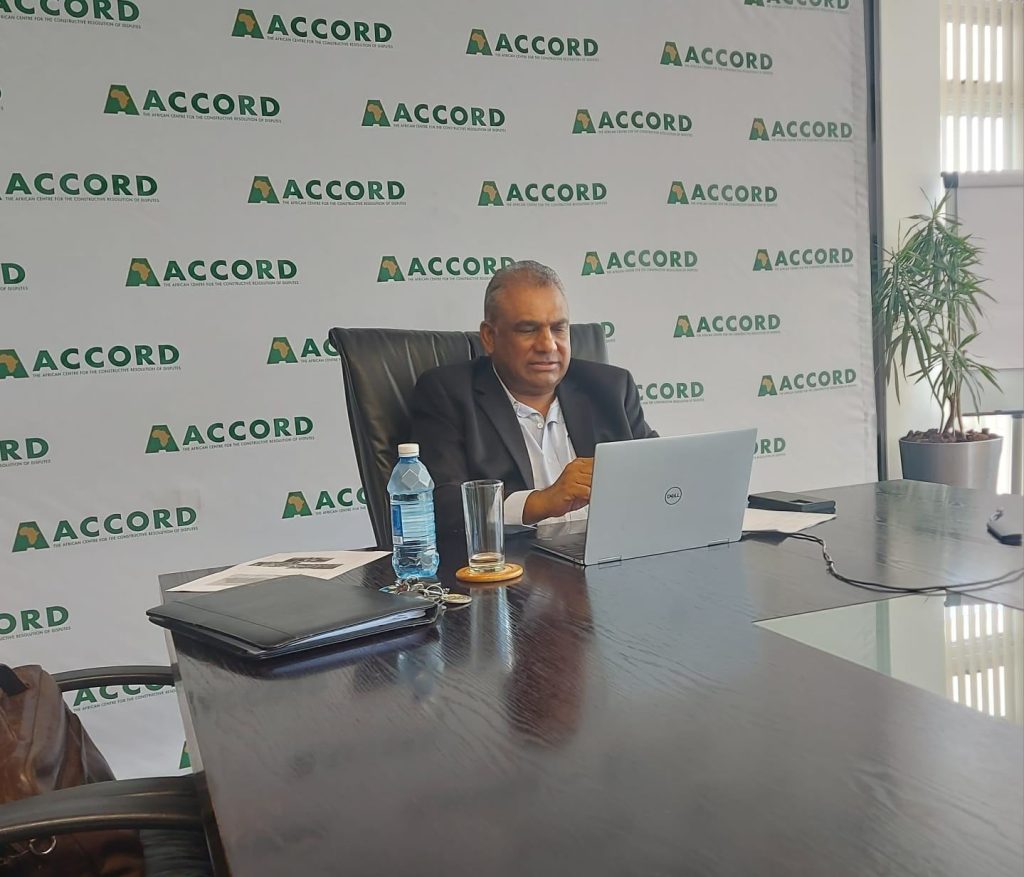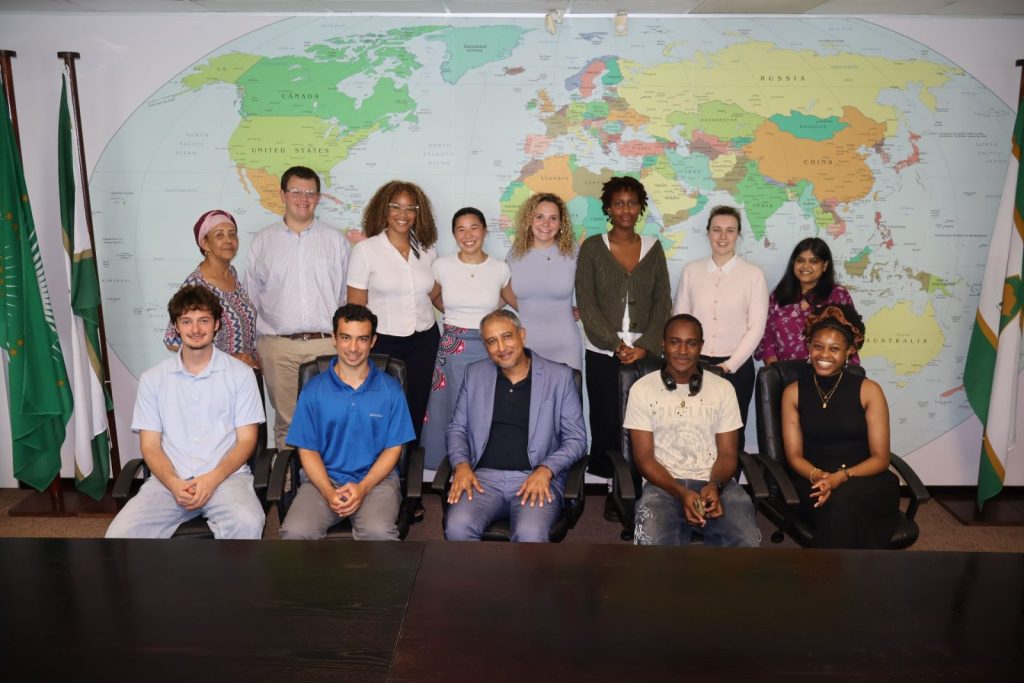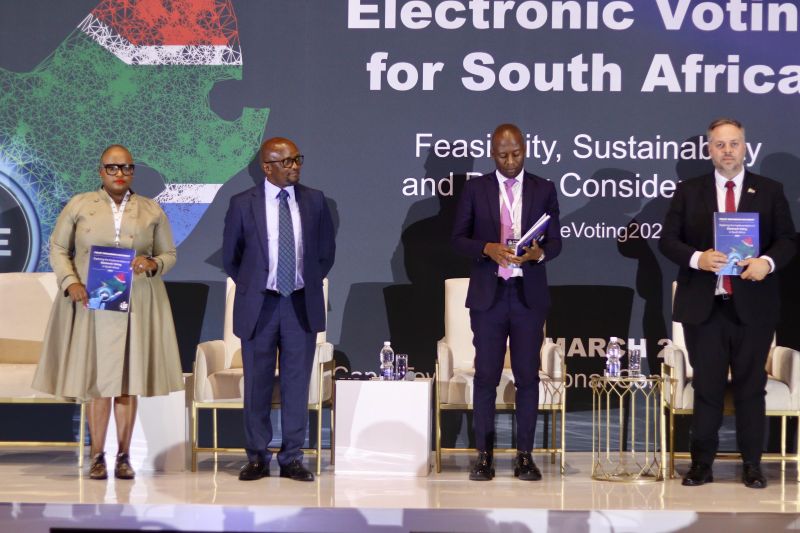The Training for Peace Programme at ACCORD has participated in the 2014 European Union Police Service Training (EUPST) session which focused on the development of a rapid deployment capability of police elements in crisis management operations, and to train and evaluate the preparation, planning and Tactics, Techniques and Procedures and the conduct of all necessary activities within the scope of EUPST.
The aim of the training exercise was to enhance the skills of approximately 400 police officers from European Union (EU) countries, from non-EU countries contributing to Common Security and Defence Policy (CSDP) missions, and from African Union (AU) countries participating in EU or AU missions. ACCORD Training for Peace (TfP) Programme’s support to the EUPST session is related to its expertise on gender and human rights issues. TfP contributed to the evaluation of the Field Training Exercises (FTX) linked to human rights and gender considerations into the operations of police and military personnel to ensure a multidimensional approach to peace operations.
The training took place from 14-27 June 2014 in the Netherlands. In attendance were Police Officers and Gendarmerie from 27 countries across the EU: France, Hungary, Slovenia, Poland, Spain, Romania, the Netherlands, Italy, and Portugal – to name but a few. Police officers and Gendarmerie from African counties such as Burkina Faso, Cameroon, Rwanda, and Morocco also participated in the training exercise. The training adopted a Monitor, Mentor, Trained, and Advice (MMTA) framework, with a 72 hours real life role plays/field training exercise scenarios. The training was conducted by expert police officers on criminal investigation, Crowd and Riot Control (CRC), Special Weapons and Tactics (SWAT) and close protection of high level personalities. ACCORD/TfP was represented by Ms Olivia Victoria Davies.
Whilst the overall goal of the training exercise was to achieve cooperation and interoperability of international police forces, human rights and gender related issues were mainstreamed in all field scenarios, with the objective to meet the standards for interoperability and cooperation; including multidimensionality. Past training has prepared civilian, police and military expert to conduct Civil Military Coordination (CIMIC) related activities such as community policing, human rights and gender issues as a means to de-escalate conflict utilising joint FTX. Further to this, participants have been integrated and trained to work in multinational context for the conduct of police operations. The training session’s increases participant’s ability to contribute towards relevant practices aimed at developing better standards that will improve the situation of civilians in armed conflict, during the planning and implementation of peace operations.
The training resulted in the adoption of best practices to conduct field operations amongst countries aimed at improving joint operations in crisis management and stabilisation situations. The findings of the evaluation will be utilised as lessons learnt for future EUPST sessions, and will also inform the development of the EU CSDP handbook for the deployment of Police Officers into field missions. The experience from this training further strengthens the ACCORD/TfP’s understanding and contribution of Africa Standby Force field exercises ahead of the Amani Africa II exercise in 2014.

